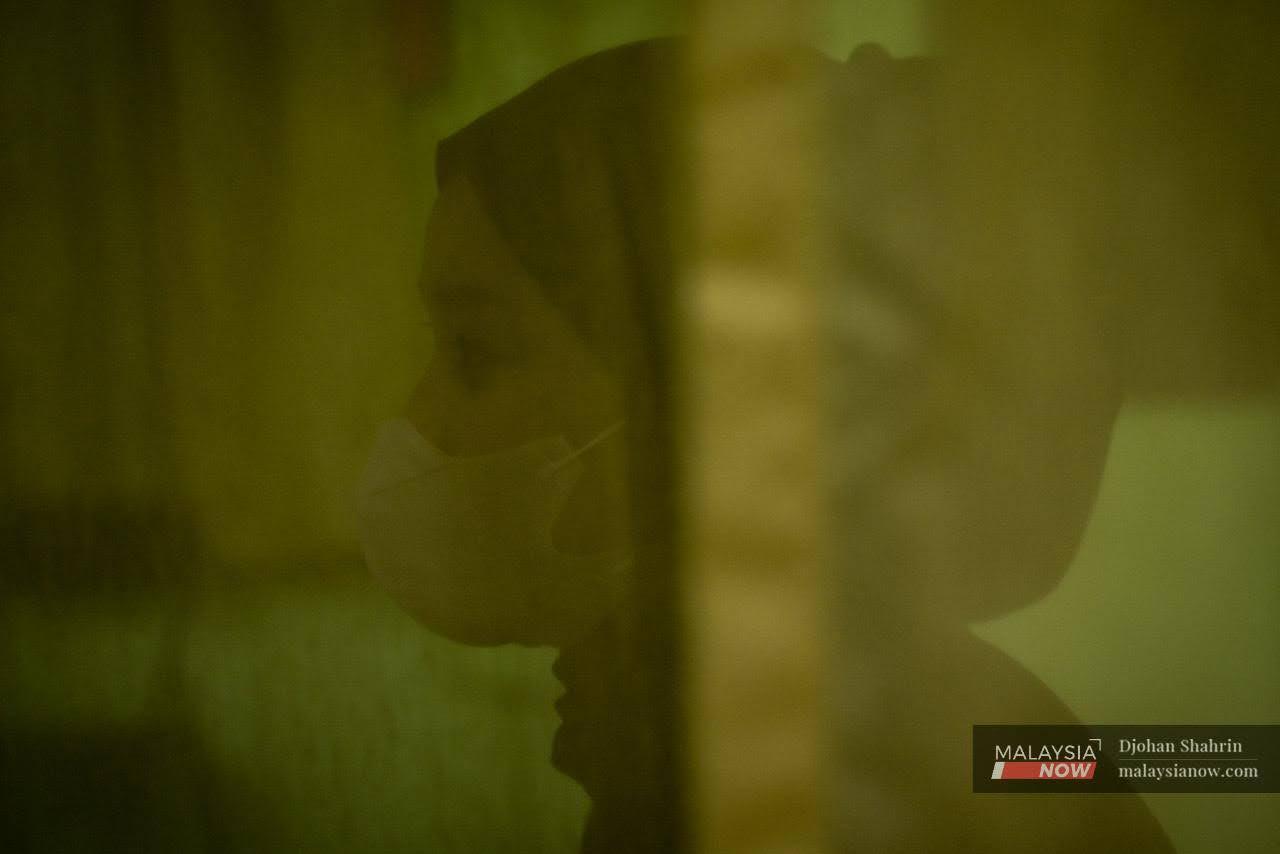Stateless teen dreams of having her own IC
Until then, studying, finding a job and even getting married will be next to impossible for Aina who was born and raised in Petaling Jaya.
Just In
Like many other teenagers, 18-year-old Aina dreams of weekend trips with her friends and taking happy pictures to upload on social media.
There’s just one thing standing in her way: Aina is not considered a citizen and has no official documentation.
“Everyone I know is going to faraway places, but all I can do is stay stuck at home,” she said in a recent interview with MalaysiaNow.
As she speaks, tears roll down her face. While others her age are nearly done with school, she has nothing to show for herself but long hours spent at home, helping her unemployed mother around the house.
When her friends ask why she is not at school with them, Aina keeps quiet, ashamed to tell them that she is undocumented.
“I am terrified to go out with them,” she said. “I am worried that I will be caught if I go too far. Most of my friends do not know that I don’t have an IC.”
Aina is one of about a million stateless people who were born in Malaysia but have no official documents.
The few close friends she has who know about her situation often try to draw her out in conversation, asking what she needs to do to resolve the issue.
But while she knows that they are asking out of love and concern, she is still uncomfortable with their questions.
“I don’t know what to say. I cannot think, I really do not know what else to do.
“It’s not that we are not trying,” she said. “We have done all that we can. But it didn’t work.”
By we, she means her and her five siblings, all of whom were born and raised in Petaling Jaya. Three of them were born at government hospitals while the other three were born at home.
Their father, who died of Covid-19 last year, was a Malaysian. He married their mother in her home country 24 years ago but did not register their marriage upon their return to Malaysia.
Because of this, all six of their children are considered stateless, with no access to formal education or public health services.
They spend their days at home, or hanging out with their friends in the neighbourhood, never venturing too far away.
Having lost their father who was the main breadwinner, they dream of being able to support their family – but this, like Aina’s fantasy of travelling and taking the perfect Instagram shot, is just a dream.
Instead, they are financially dependent on the cash given to them by their paternal grandmother.
“If only I had an IC, I would really love to work,” Aina said.
“I want to help my mother and my siblings. How long can I continue to rely on my grandmother? What will happen to us if we lose her, too?”
While she loves her parents, she holds them responsible for her situation.
“I always ask why other people were given ICs but not us. Why don’t we have the same rights as they do?
“But my mother always tells us to be patient and to pray for a window of opportunity,” she said.
Her face lights up when the conversation turns to her boyfriend whom she hopes to marry soon.
But here, too, problems abound. Their solemnisation ceremony has already been postponed several times due to the lack of documentation needed by the religious authorities to process their marriage application.
Her boyfriend’s parents are constantly pushing her to apply for an IC so that it will be easier for them to get married.
“A lot of people have asked me, why the hurry,” she said. “They ask why I am getting married at 18.
“But whether I am 18 or 19 or 20, my citizenship status will not change. For now, his parents understand my situation because we have told them. But it is really up to him to accept me along with all of my problems.”
For now, Aina and her siblings receive assistance from a group of lawyers, civil society organisations and activists who are helping them apply for citizenship.
Fortified by their help, she is determined to keep trying.
“I am not giving up,” she said. “One day, I will have my own IC because I don’t belong in any other country.
“I was born here and I grew up here. I know my place. This is my country.”
Subscribe to our newsletter
To be updated with all the latest news and analyses daily.
